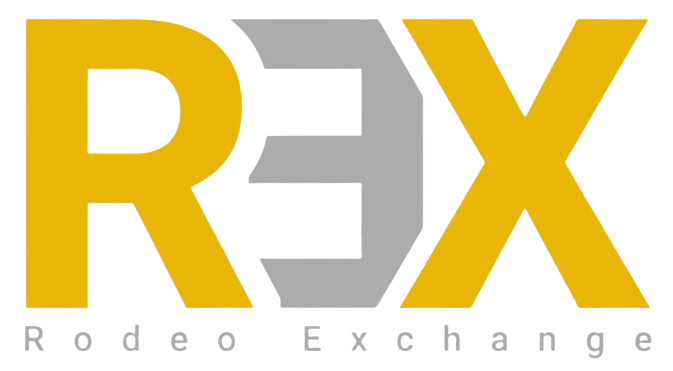All 1031 exchanges regardless of the type have a 45-day identification period and a 180-day exchange period.
For a 1031 exchange to be in accordance with IRC § 1031, within 45-days of the close of the sale of the Relinquished Property the taxpayer must identify their potential replacement property(ies) in writing to the qualified intermediary. The replacement property(ies) description must be unambiguous and specific using a physical address or legal description.
In relation to the 45-day identification period, there are rules that a taxpayer must follow when identifying their potential replacement property(ies). There are three distinct identification rules that the taxpayer can use, and they can choose the appropriate rule for their specific exchange situation. The three rules are as follows:
1. 3-property Rule: A taxpayer can identify up to three properties without regard to the fair market value of the properties and they must close on at least one of the identified properties for the exchange to be valid.
2. 200% Rule: A taxpayer can identify more than three properties, but the fair market value of all properties combined cannot exceed 200% of the fair market value of the Relinquished property(ies).
3. 95% Rule: A taxpayer can identify infinite properties, the combined value of which exceeds 200% of the value of what they sold, but they must acquire at least 95% of the fair market value of the properties they identify.
All 1031 exchanges have a 180-day time limit starting from the day of the close on the sale of the Relinquished Property. If the taxpayer has not completed the purchase of the Replacement Property before or on day 180, then the exchange is closed, and the taxpayer must recognize and pay taxes on the proceeds from their Relinquished Property sale. There are no extensions or exceptions available.
*Rodeo 1031 is a qualified intermediary. Rodeo 1031 Exchange does not provide tax or legal advice, nor can we make any representations or warranties regarding the tax consequences of your exchange transaction. Property owners must consult their tax and/or legal advisors for this information. Our role is limited to serving as qualified intermediary to facilitate your exchange.
